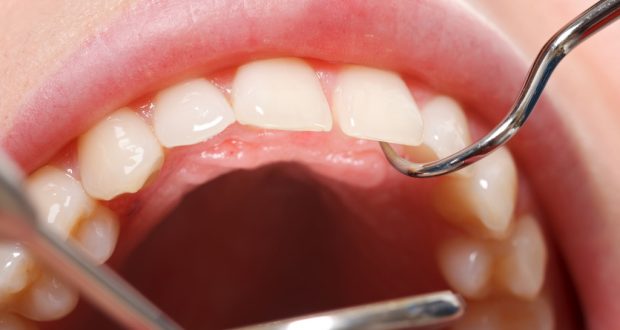By: Red Hot Mamas
Published: June 13, 2018
Contributed by Karen Giblin- Red Hot Mamas Expert
Make sure your dentist knows about your menopause status and discuss if any bone loss shows up on your dental x-rays. If you have been diagnosed with osteoporosis, the bones in your mouth (mandibula and maxilla) are at risk, too. Tell your dentist you have been diagnosed with osteoporosis.
Virtually all tooth decay and gum disease can be prevented with good oral hygiene. Inadequate dental hygiene will leave you with plaque, cavities, inflamed gums and it may also increase your risk of heart disease. If you want to enjoy healthy teeth well into old age, take a few minutes each day to brush and floss.
Good Oral Hygiene Recommendations:
- Get regular dental checkups every six months and a regular visit to the hygienist. More often if you have problems like gum disease.
- Brush twice a day and floss daily. Brush your teeth with fluoride toothpaste to reduce tooth decay. And, rinse your toothbrush with hot water to keep the bristles clean and remove bacteria. Floss by using a back and forth motion and curve the floss between each tooth.
- Change your toothbrush every 3 months. Replace with a soft bristled toothbrush. Some people find it easier to use an electric toothbrush and it does a much better job brushing and cleaning spaces where your teeth and gums meet.
- Eat smart by eating a healthy diet with little sugar may prevent tooth decay and periodontal disease.
- Don’t smoke. Smoking not only stains your teeth but also puts you at greater risk of developing gum disease and oral cancer
 Red Hot Mamas In Charge of Change.
Red Hot Mamas In Charge of Change.




